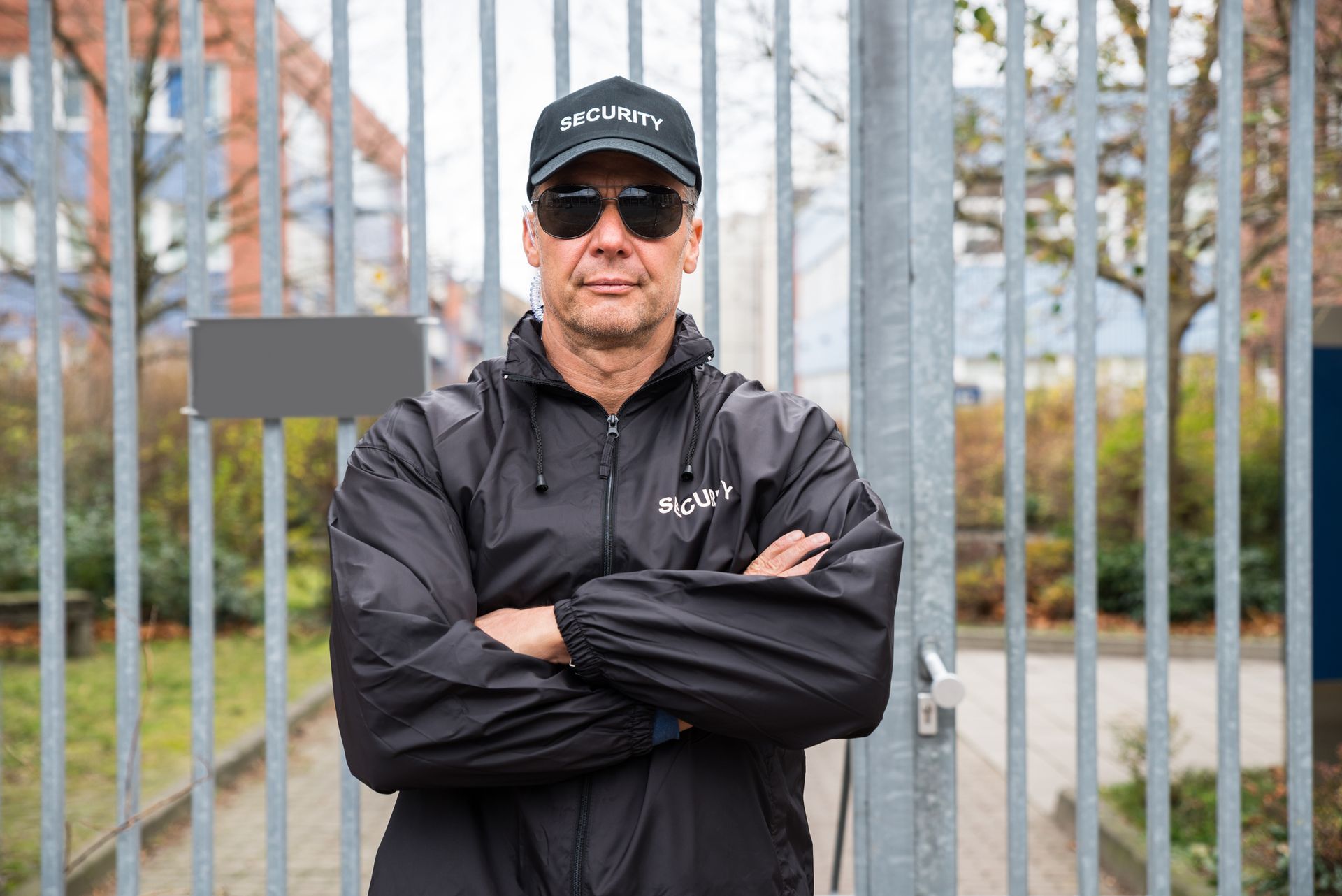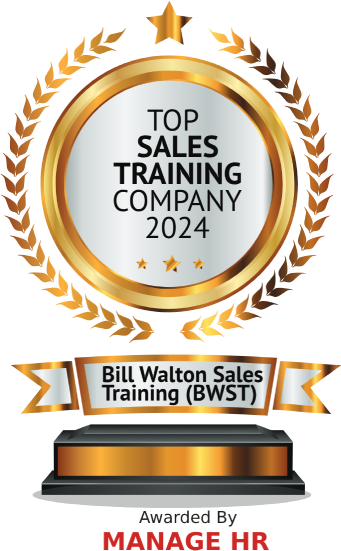The Perfect First Meeting
Master the first meeting in the sales process
The first meeting is the key to the rest of the sale. Consistency in approach and methodology for first meetings accelerates the sales cycle, sells higher value for your solutions and ensures opportunities don't get stalled on the pipeline. In first meetings, all pieces need to come together: preparation, engagement, alignment and a commitment to next from the client.
Preparing for first meetings
In first meetings so much needs to happen in a short amount of time that a certain brand of preparation is a must. Salespeople need to prepare to the point that they can be agile in the dialogue while arrive at a place where the second meeting becomes profoundly logical. Sound preparation guides the questions salespeople should ask and aligns the value proposition with the prospect’s likely needs and challenges. So how do you prepare for the perfect first meeting. To answer that let's take a walk down MAIN street:
- Market: what's happening in the prospect's industry or sub-industry that can be impacted by your solution or may impact the resources available to purchase your solution? These typically include market trends, new capability, emerging technology, or the overall financial performance of the sector and the prospect organization.
- Account: the account is the actual company. What's changing in the culture, are they adding employees? Are they buying back stock? Have they made any recent acquisitions? Or have they had any success in their lobbying efforts in Washington to advance the cause of their industry or subindustry?
- Individual: this is the actual title role and position of the key decision maker in your prospect organization. What's changing in their environment? What is their personal self-interest? What is their job description and LinkedIn profile saying about their responsibilities and accountabilities? Where have they done any speaking or shared their point of view? Your questions and eventually your proposal need to align with this insight.
- Networks: what is the prospects peer group saying about opportunities in their industry or sub industry? Who are the thought leaders that you believe your prospect follows? You can obtain this information on LinkedIn. It's important to understand the nuances of the industry so you can become issue fluent and prepare to be spontaneous in your first meetings with any stakeholder that you meet.
Opening first meetings
While preparation is key in a first meeting, it's important in the first meeting to be flexible and agile. In a word you prepare to be spontaneous. You don't know how casual and or professional your prospect will be, and you don't want to give off the wrong impression too early in the first meeting. I use the format called RVT, the reason for the meeting, the value to the prospect and how we were connected, and to test for time make sure that they have the 30 or 60 minutes originally scheduled. I can't tell you how many initial meetings have been cut short because of other conflicting prospect obligations.
Advancing first meetings
There are three things that can happen in the first meeting and two are bad. Let's start with a bad first. One, the prospect can talk the entire time, dominate the conversation and learn very little about you and your organization. The opposite can be true if the salesperson talks at length about themself and or the organization and the customers or clients that they work with. The best first meetings are a 50-50 split where everyone gets a piece of pie. You need to strike a balance between what's happening in the prospect's world and what you were seeing amongst others like them. The first meeting should be questions light. There are three questions I recommend salespeople ask: 1. "What has been your journey? 2. Where are you now on your journey? And 3., Where are you going? The extra credit question to all of this - What is standing in the way?"
Closing first meetings
Since the toughest meeting to get in business is always the second meeting, you must allow time at the end of your conversation to play back what you heard, highlight any intriguing points that you both connected on, and set the stage for the next conversation. Most salespeople do not do this. You must have context. If you don't, you will likely find yourself in a doom loop of email and phone follow up that may never end. Anchor the need and the value to the prospect for getting together again right at the end of your first meeting. The language I love salespeople to use sound something like this:
"Terri thank you so much for meeting for coffee today. It was so great to meet you and I'm glad Ted could introduce us. We covered a lot of ground in the last hour, but three things rang out for me. 1. You're looking to save money on your financial administration process, 2. you want to bring some younger talent into your organization, and 3. you need to find more time for your writing and your speaking - perhaps finding a junior associate to take up some of the admin slack in your role. Anything I missed? When we get together again, I'll be ready to share what a few of my clients in a similar situation have done and how I've supported them. Before you leave can we book some time today? I really look forward to it."
You can't control the person, but you can control the process of preparing for and advancing first meetings to they lead to a meaningful next. For more insights into mastering your sales meetings, contact Bill Walton at bwalton@billwaltonsalestraining.com.
News Blog
BILL WALTON SALES TRAINING
Bill Walton Sales Training is a Client Acquisition training and coaching firm with over 25 years of experience in helping sales and account professionals achieve Trusted Advisor status.
Privacy Policy | Accessibility Statement
©2025 Bill Walton Sales Training. All rights reserved | Developed by Visual Media











